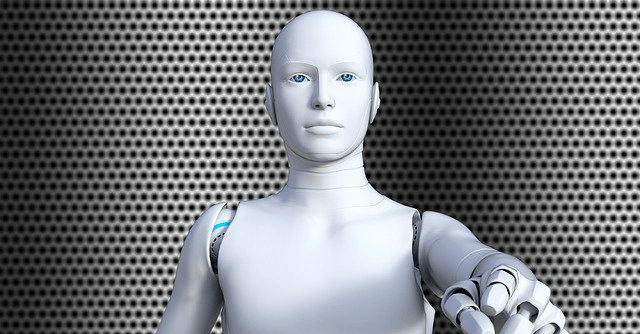
Trust in AI-based preventive healthcare low among users


Artificial Intelligence (AI) can perform preventive healthcare activities such as health screening, routine check-up and vaccination with expert-level accuracy that can turn out to be cost-effective in the long run. Yet, a new research found that individuals show less trust in preventive care interventions suggested by AI than when the same interventions are prompted by human health experts.
The researchers at Nanyang Technological University (NTU) Singapore studied 15,000 users of a health mobile application and found that emphasising the involvement of a human health expert in an AI-suggested intervention could improve its acceptance and effectiveness.
These findings suggest that the human element remains important even as the healthcare sector increasingly adopts AI to screen, diagnose and treat patients more efficiently. The findings could also contribute to the design of more effective AI-prompted preventive care interventions, said the researchers.

“Despite the potential of artificial intelligence to provide higher quality interventions, we found that people have lower trust in health interventions suggested by or derived from AI alone, as compared to those they perceive to be based on human expert opinion,” said Hyeokkoo Eric Kwon, assistant professor of NTU Nanyang Business School (NBS), who led the study.
He added that the study shows that the affective human element, which is linked to emotions and attitudes, remains important even as health interventions are increasingly guided by AI, and that such technology works best when complementing humans, rather than replacing them.
While the study was conducted in the context of preventive healthcare, the researchers believe that their findings could be applied in other contexts where affective trust plays a significant role, such as travel, education, legal, and insurance services, the researchers said.

Not just NTU researchers, past research studies have indicated that patients are reluctant to use health care provided by medical artificial intelligence even when it outperforms human doctors, primarily because “patients believe that their medical needs are unique and cannot be adequately addressed by algorithms”. Moreover, a Harvard Review study conducted with researcher Andrea Bonezzi of New York University in 2020, too, reported that when health care was provided by AI rather than by a human care provider, patients were less likely to utilise the service and wanted to pay less for it.
Joel Pinney, a researcher in robotics and creative computing at Cardiff Metropolitan University, however, believes that "medical robots" have been shown to help increase precision in surgeries and even reduce human error in drug delivery through their automated systems and can aid in patient care.
“I'm not saying robots should replace human doctors and nurses. However, I do think robots will play a vital role in the future of healthcare and dealing with possible future pandemics,” he said, even though, at present his research published in The Conversation, on whether “humans would trust a robot doctor in everyday life,” also shows that only 31% of participants said yes. People were also reluctant to see robots take on other high-risk jobs, such as police officer and pilot, he said.

The Medical Robotic System market was valued at $8.3 billion in 2020 and is expected to reach $28.3 billion by 2026, at a CAGR of 22.18 % over the forecast period 2021 - 2026, according to Mordor Intelligence, a Hyderabad based research firm. Implementing robotic care could reduce the number of ER visits owing to unexpected falls and could make-at-home care and preventive care much more accessible to people, it said.
